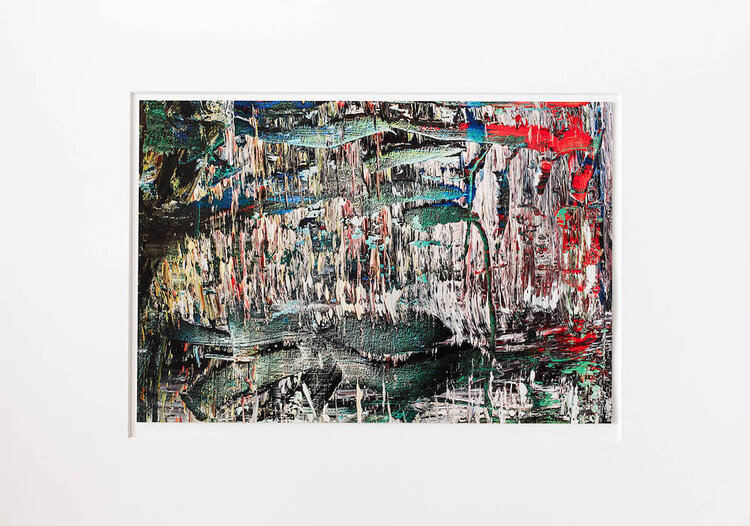 Ilya Kabakov, Untitled, 2014.
Ilya Kabakov, Untitled, 2014.
An original drawing, specially chosen by the artist and gathering several of the favorite motifs of Ilya Kabakov (the flight, the angel, the fly, the landscape, the clouds…), has been reproduced in an edition of 35 + 15 AP offset prints. Each print has been individually hand-colored and signed by the artist.
Medium: Colour pencils and offset print on Fedrigoni Tintoretto Gesso 200 g.
Size : 52 x 34 cm
Edition of 35 and 15 AP
Each print has been individually hand-colored and signed by the artist.
Price: €1,200
These limited edition Ilya Kabakov hand-colored and signed prints are available at New Art Editions
Ilya Kabakov worked for thirty years in Moscow, from the 1950s until the late 1980s. He now lives and works on Long Island. Throughout his career, Kabakov has produced a wide range of paintings, drawings, installations, and theoretical texts — not to mention extensive memoirs that track his life from his childhood to the early 1980s. In recent years, he has created installations that evoked the visual culture of the Soviet Union, though this theme has never been the exclusive focus of his work. Unlike some underground Soviet artists, Kabakov joined the Union of Soviet Artists in 1959, and became a full-member in 1965. This was a prestigious position in the USSR and it brought with it substantial material benefits. In general, Kabakov illustrated children's books for 3–6 months each year and then spent the remainder of his time on his own projects.
By using fictional biographies, many inspired by his own experiences, Kabakov has attempted to explain the birth and death of the Soviet Union, which he claims to be the first modern society to disappear. In the Soviet Union, Kabakov discovers elements common to every modern society, and in doing so he examines the rift between capitalism and communism. Rather than depict the Soviet Union as a failed Socialist project defeated by Western economics, Kabakov describes it as one utopian project among many, capitalism included. By reexamining historical narratives and perspectives, Kabakov delivers a message that every project, whether public or private, important or trivial, has the potential to fail due to the potentially authoritarian will to power.







